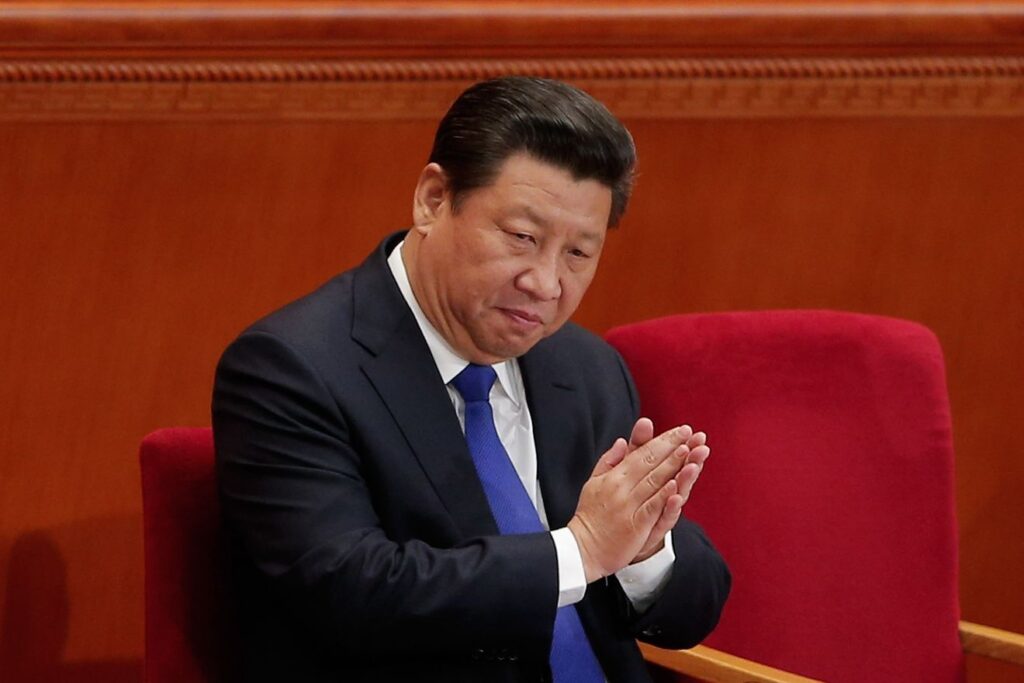While tensions have been boiling between the United States and European Union, and Russia over the future political alignment of Ukraine, leaders from the European Union and African Union met on February 15th, 2022, in Brussels to hammer out an agreement that those involved believe will introduce a new era of investment, engagement and cooperation between the European Union and the state of Africa. At the same time, China’s influence seems to be weakening as China pulls back on investment and loan programs on the continent.
The plan agreed upon between the European Union and the African Union included some $169.75 billion in aid from European nations to African nations for a slew of ambitious projects, including improving digital connectivity, building new transportation links and infrastructure, and accelerating the shift to low carbon energy sources. According to Politico, this agreement is one of the keystones to the EU’s Global Gateway Strategy, which is seen as Europe’s reply to China’s Belt and Road initiative.
China’s Belt and Road initiative was a program of investment and aid launched by the Chinese government under Xi Jinping. The initiative sought to significantly increase China’s political and economic influence from East Asia to Europe. According to the Council on Foreign Relations, the plan’s vision was to recreate the historic silk road and redirect global trade and commerce to China by creating interconnected land and maritime infrastructure while also increasing the circulation of China’s currency, the Renminbi and enhancing China’s position on the global stage as a major power.
In recent years, however, China has been curtailing its investment, a trend that has only increased since the start of the pandemic in 2020. At the most recent meeting of the Forum on China-Africa cooperation last year, President Xi pledged $40 billion worth of investments which is a third less than previous commitments. Although China has also pledged up to 1 Billion more Coronavirus vaccines for African countries by this November.
In Europe, concerns have been raised that the funds states would be investing would be misappropriated by African leaders for other purposes such as supporting repressive regimes and technologies. China has been a warm friend for many African Dictators over the past 15 years. President Buhari of Nigeria has recently been looking into introducing a nationwide cyber censorship and surveillance system after he was banned from Twitter for threatening a brutal crackdown on secessionists. According to Philippe Le Corre, a China expert at Carnegie Endowment for International Peace, “Money will not be enough — politics is a must,” he said. The EU must be politically savvy to avoid the appearance of being a “naive helper” while China provides repressive technology.”
Others question whether Europe’s move is too little, too late and that China is already too entrenched on the continent for Europe to be able to undermine. There is also concern about raising the necessary capital from a combination of private and public investors and the impact of ethical and environmental standards on the willingness of African States to accept this money when China offers a similar fund with no strings attached.
Africa has become the most recent battleground between these two blocs as both sides have seen escalating tensions. Resulting from disagreements over everything from trade policies, patent and copyright infringement and intellectual theft, to global security and human rights. Although Europe as tried to take a more conciliatory tone between the more aggressive stance of the United States. It still opposes China in several key policy areas, including the aggressive nationalist oriented defense policies, mixed environmental policy, and a poor human rights record. Meanwhile China has condemned Europe for its colonial history specifically in Africa and Asia. China views European geopolitical strategy as new age imperialism especially the newly announced Global Gateway Strategy. Whether or not either power is successful in swaying and maintaining their influence on the African continent remains to be seen.

